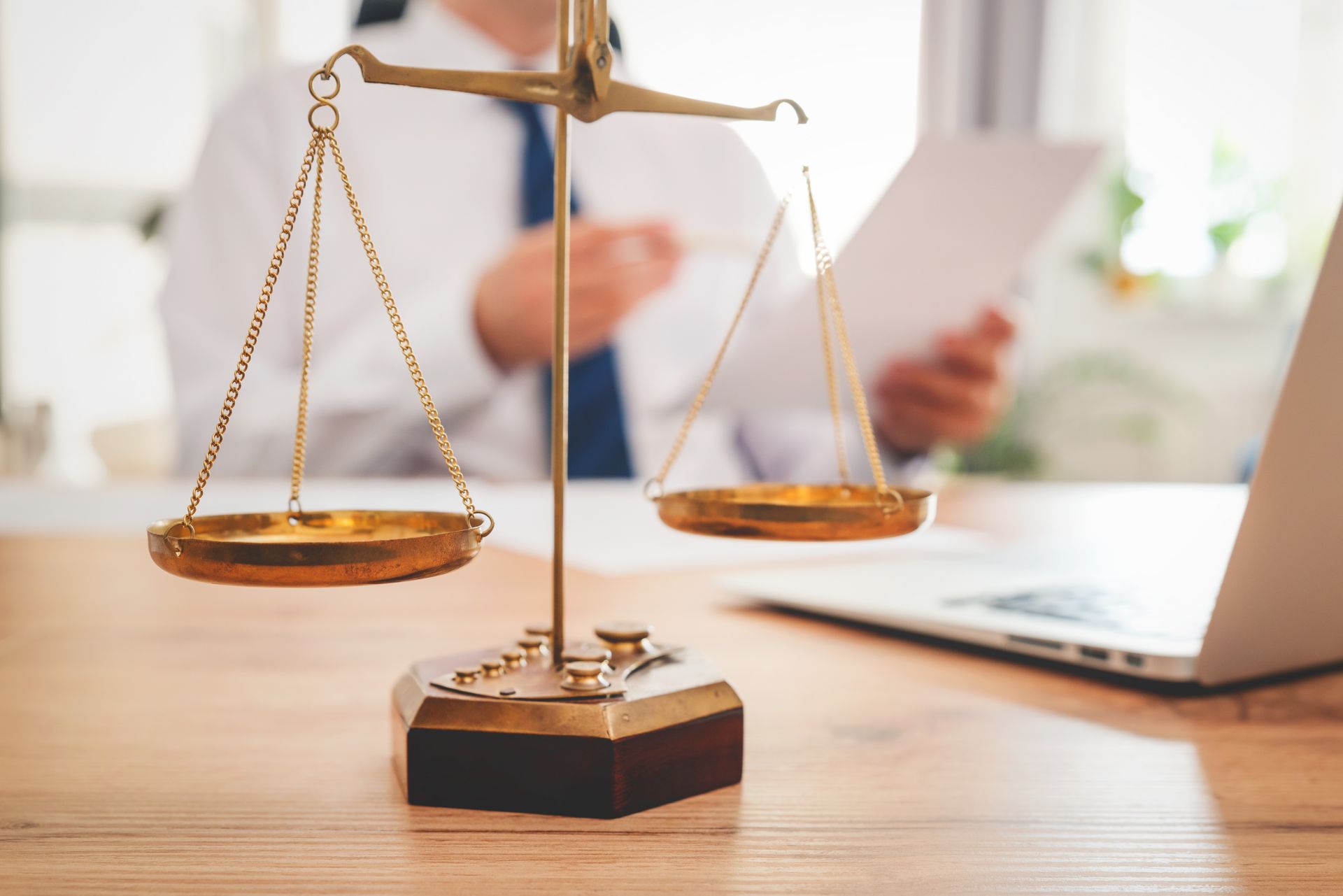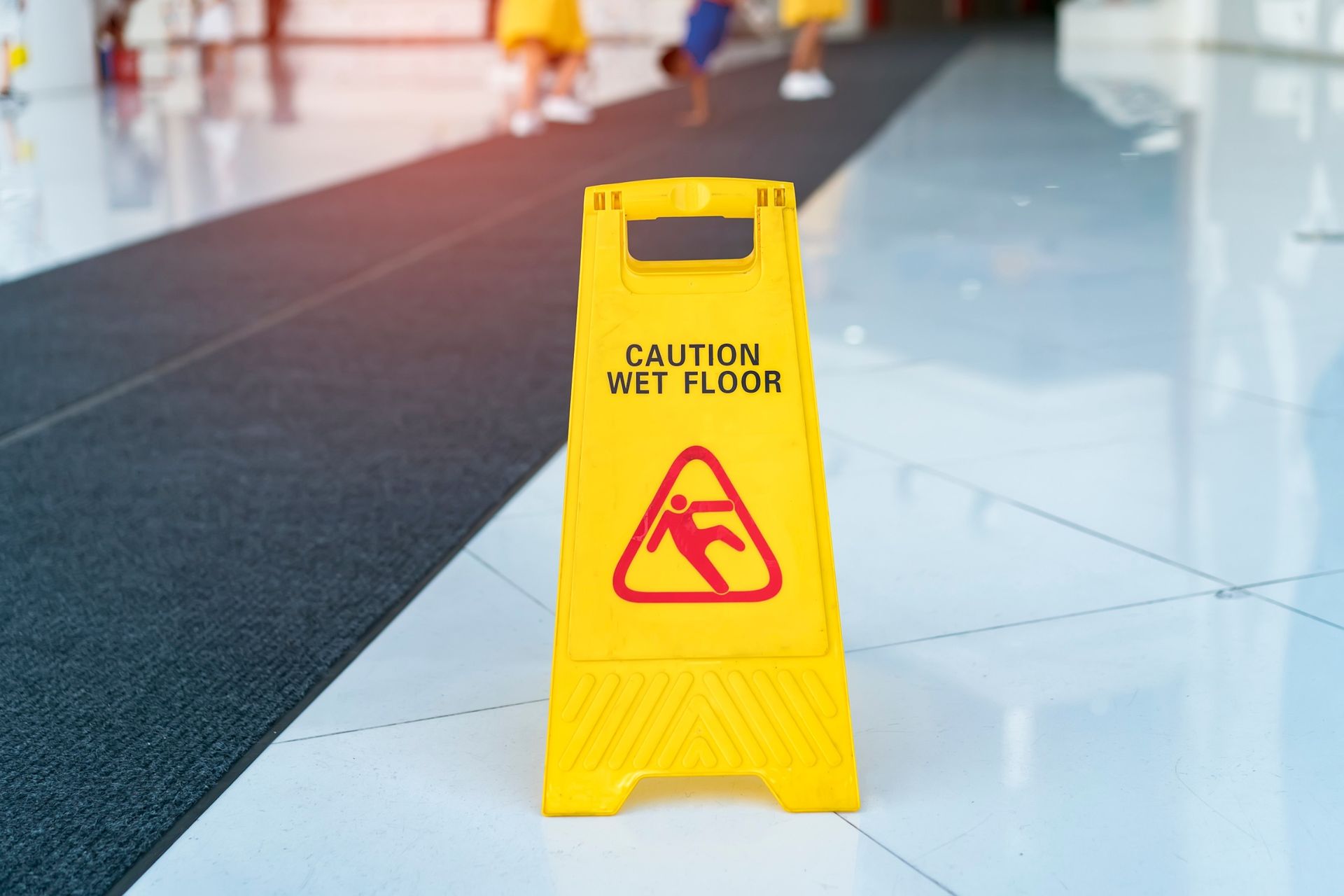April 1, 2024
Slip and fall accidents are more common than you might think, especially in the state of Florida. Whether it's a wet floor in a grocery store or a poorly maintained sidewalk, these accidents can happen anywhere at any time. As a resident of Florida, it's important to understand your rights and responsibilities when it comes to slip and fall accidents. In this blog post, we will discuss what slip and fall accidents are, how they can be prevented, and what steps you should take if you are involved in one. The first step in understanding slip and fall accidents is knowing what they are. A slip and fall accident occurs when someone slips, trips, or falls on someone else's property due to hazardous conditions. These hazardous conditions can include wet floors, uneven surfaces, poor lighting, or even cluttered walkways. In Florida, property owners have a duty to keep their premises safe for visitors, which includes regularly inspecting the property for potential hazards and taking steps to fix them promptly. In order to prevent slip and fall accidents from happening, both property owners and visitors must take proactive measures. For property owners, this means maintaining a clean and safe environment for visitors by promptly addressing any potential hazards. This can include cleaning up spills immediately, fixing uneven surfaces or loose handrails, and providing adequate lighting in dimly lit areas. For visitors, it's important to pay attention to your surroundings and take precautions like wearing appropriate footwear with good traction. If you find yourself involved in a slip and fall accident in Florida, there are certain steps you should take to protect your rights. First and foremost, seek medical attention immediately if you are injured. Not only is this important for your health but it also creates documentation of your injuries that can be used as evidence later on. Next, report the incident to the property owner or manager so they can document the accident as well. After seeking medical attention and reporting the incident, it's important to gather evidence that supports your claim if you decide to pursue legal action. This can include taking photos of the scene where the accident occurred, getting contact information from any witnesses present at the time of the accident, and keeping track of any medical expenses or lost wages incurred as a result of the accident. Slip and fall accidents can happen suddenly and unexpectedly but being aware of your rights as a Florida resident is crucial in protecting yourself in case of an accident. By understanding what slip and fall accidents are, how they can be prevented, and what steps to take if you are involved in one, you can navigate these situations more confidently. Remember that seeking medical attention immediately after an accident is paramount for both your health and legal protection. Stay vigilant about potential hazards in your surroundings and know that there are resources available to help you if you ever find yourself injured due to a slip or fall accident.



